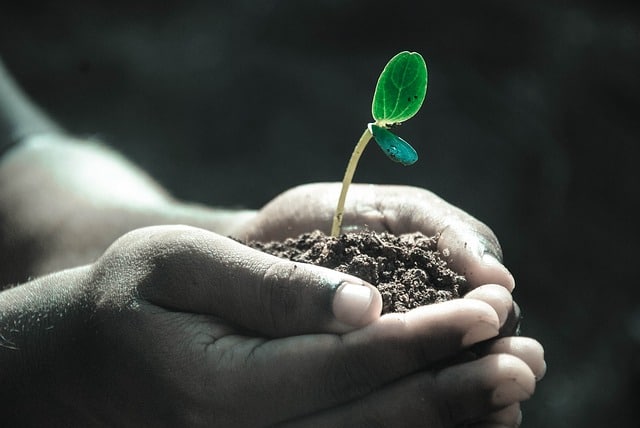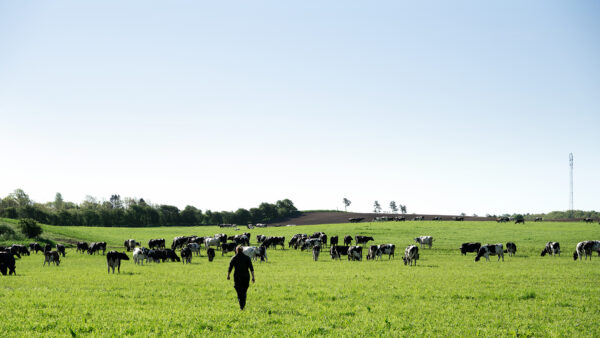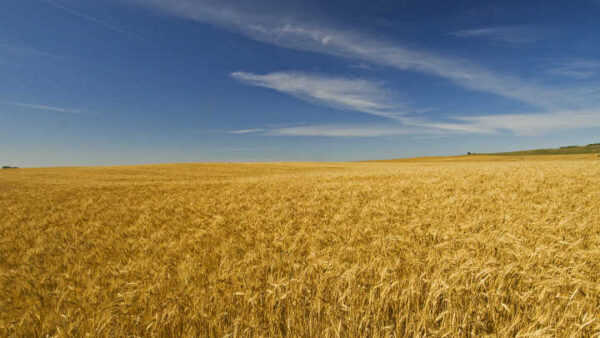The Netherlands should develop a national programme for Integrated Pest Management, to communally harmonize crop protection efforts and empower farmers. This was one of the recommendations presented at the final day of the Integrated Pest Management and Food Safety course of Wageningen Centre for Development Innovation. To learn how to make IPM work in practice, the international participants evaluated current Dutch practice.
Combining pesticide use and ensuring safe food is a worldwide challenge. Public and private standards for pesticide residues have become stricter than ever before. Pesticide residues exceeding the maximum limits can hamper national and international trade. Implementation of Integrated Pest Management (IPM) is necessary to minimize pesticide application. IPM is a sustainable and broad-based approach that integrates different practices for the economic prevention and control of pests and diseases in crops.
Awareness
Technical solutions alone will not do the trick. Increased awareness, adoption of good agricultural practices, effective control measures and supportive and enabling policies and institutions are also needed.
The Integrated Pest Management and Food Safety course of Wageningen Centre for Development Innovation aims to enhance the ability of participants to identify and solve problems in IPM and food safety. In an intensive, three week course, the 25 professionals from Asia and Africa attending the course, evaluated Dutch practice as a learning experience.
Presentations
On the final course day, 22 June, the participants presented their findings to a small panel of experts. Overall the Dutch system of IPM and food safety control was considered a good example of an effective system, with good traceability. The participants also identified some weaknesses. First of all, they noticed that the different stakeholders had different visions of Integrated Pest Management. Therefore, they recommended a national IPM programme, to harmonize crop protection efforts and empower farmers – especially the smaller farmers who are lacking market power. Also more linkages between stakeholders could be established.
Appreciation
Next, the participants stressed in their presentations the importance of people management and showing appreciation of farmers who perform well in IPM. ‘IPM is less about crop growth than about how to let people grow.’ Further, the small and still decline number of people working in agriculture in the Netherlands, currently not even 2 percent of the total working population, was identified as a risk. ‘This is no sustainable situation for food production.’
All in all, the course also offered the participants hope. As the Dutch system has changed and developed over the years, there too must be ways to change the system back home for the better, an African participant commented.
Source: Wageningen Centre for Development Innovation












